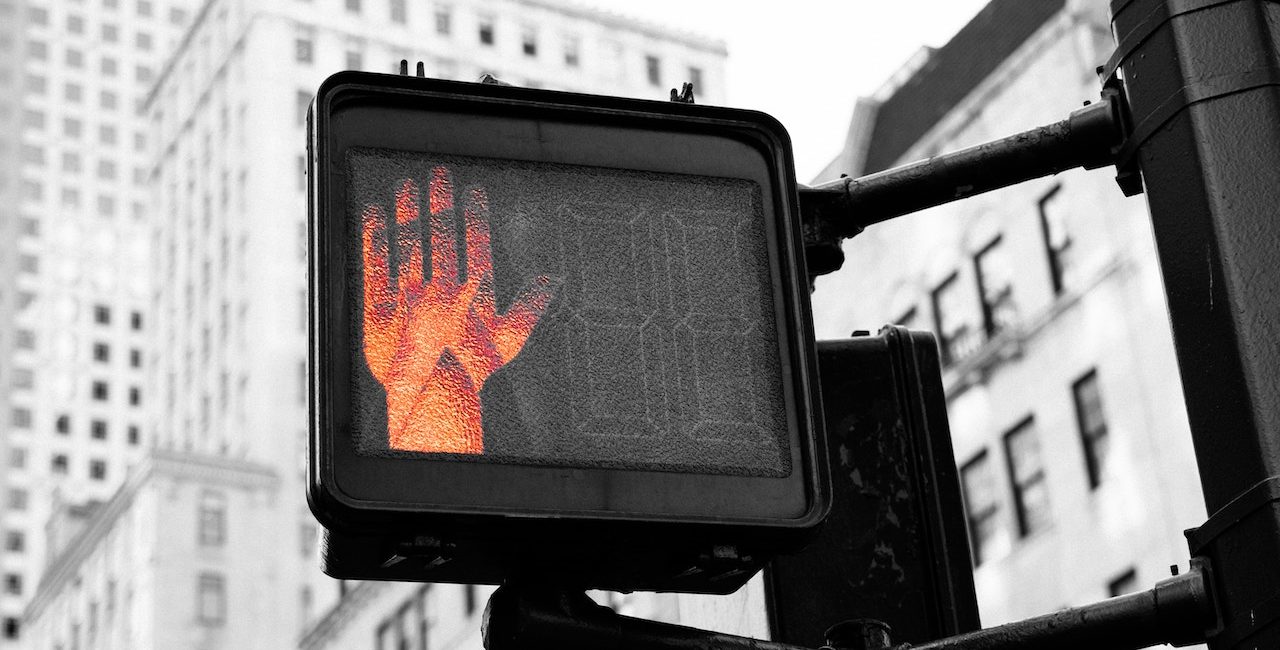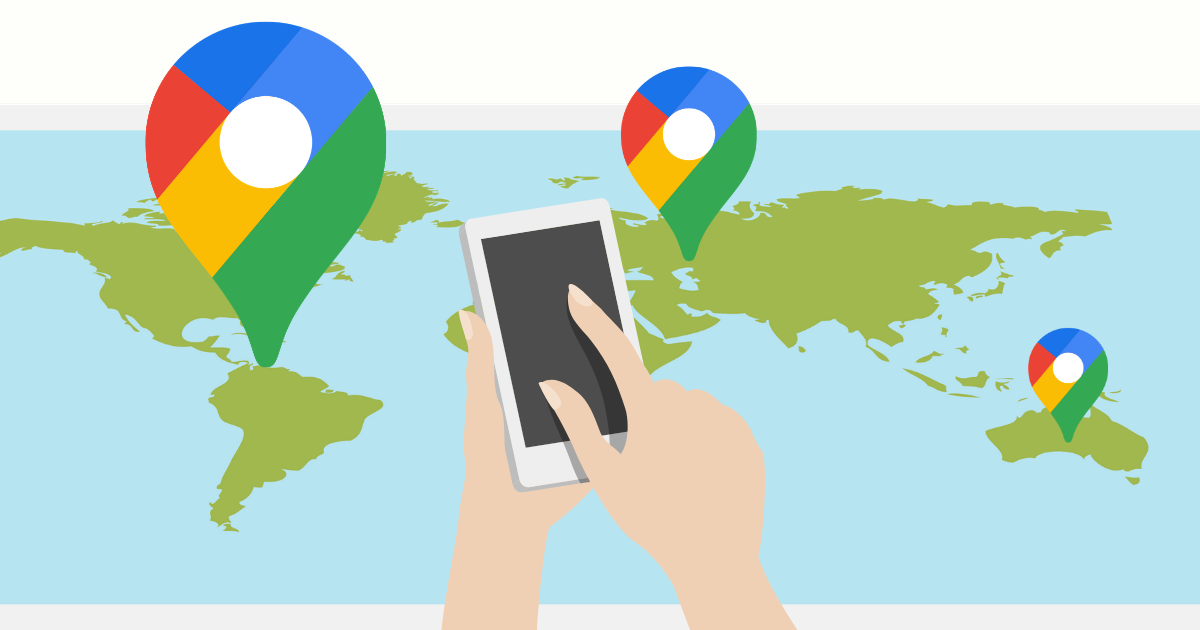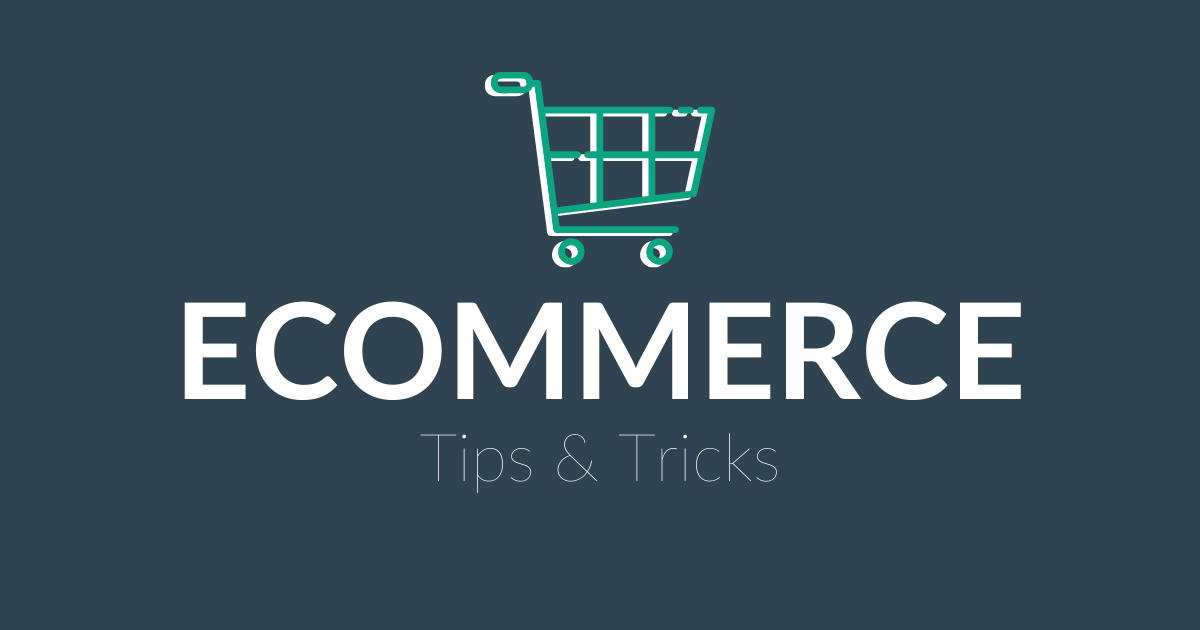Protecting Your Business and Consumers
As we all know, security is important. We take security measures in our daily lives almost out of habit, such as locking our car doors or adding passwords to our phones. Security is important, especially when it comes to websites.
Consumers rely heavily on online interactions, emphasizing the need for a secure experience. A brand is more than just the logo and voice, it is caring for the user, especially the safeguarding of their information. Besides, keeping consumers safe will also keep you safe. This is accomplished through using SSL on a site.
What is SSL for Websites?
First, what does SSL stand for? SSL stands for secure sockets layer, which is the cryptic technology that ensures a secure connection between a server and a client. Without this secure connection, man-in-the-middle attacks can occur. During these attacks, hackers can hijack your session and steal private information. With a secure connection, a hacker only sees garbage information.
For your website to earn an SSL authentication, you must receive a website security certificate. To earn an SSL certification, you must complete an application process that ultimately consists of being confirmed by a Certification Authority (CA) indicating that your site has been approved and authenticated by a qualified third-party and is safe to use.
This allows consumers to trust that your company is real, the information is credible, and any transactions will be secure. This is especially important for sensitive information such as credit card numbers, social security numbers, and login credentials. When the consumer feels the connection is secure, it promotes an honest relationship between the brand and the consumer.
How to see SSL certificate of a website in Google Chrome or other browsers?

An SSL site will indicate it aligns with the secure sockets layer (SSL) protocol by including an ‘s’ (for secure) at the end of the “http” in the search bar to make “https.” A site that is not secure will just be “http.”
Other indicators of an SSL site is a “lock” symbol or the word “secure” by the “https.” A non-SSL site will say, “not secure” or have a question/exclamation mark or an “X” symbol by “http.”
Does SSL affect my website’s search engine rankings?
In 2014, Google announced that HTTPS would be a ranking signal. They have also stated that if all other factors are equal, HTTPS can be a tiebreaker in search engine results, ranking the secure site higher than the site that is not secure.
For our web development team, a secure website is not an option, it is a requirement. Do you need to add an SSL certificate to your site? We can help, contact us.








